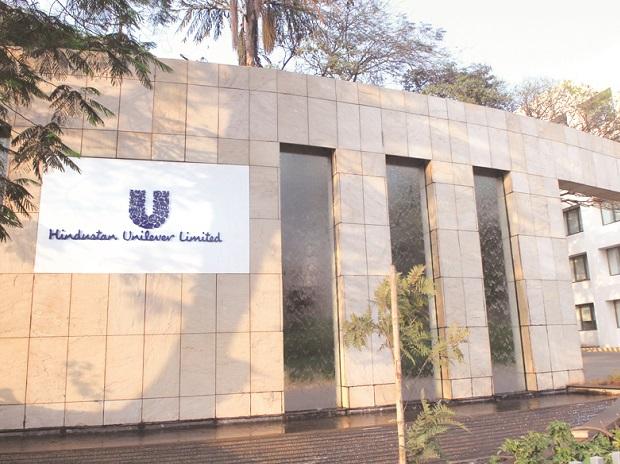Unilever is tying up with plastic collectors and recyclers in all developed countries and in large developing markets like India.
Business
Standard : When Hindustan
Unilever (HUL) decided to put a curve on its best-selling Pond’s
talc pack some time back, its patrons may have assumed the move was
aimed at breaking the monotony of the cylindrical shape used for
decades. While breaking the boredom was one of the reasons, the
slight curve at the belly of Pond’s talc packs allowed the consumer
goods giant to save one-third of the plastic that goes into each
pack.
More
recently, its distributors found that HUL had removed the plastic
packaging layer inside the cartons of the best-selling Dove soaps.
Dove soap packs now lay naked inside the carton boxes. The move has
helped the local arm of the British-Dutch multinational cut down on
single-use plastic.
While
these measures started some time ago, HUL’s parent company,
Unilever, has now launched a concerted effort to curb its use of
plastic globally. As the voices against plastic waste get louder, the
company aims to cut the use of virgin plastic by half by 2025. It
also wants to collect and process more plastic packs than it can
consume in seven years.
Unilever
is tying up with plastic collectors and recyclers in all developed
countries and in large developing markets like India. Through them,
it has committed itself to collect and processing around 600,000
tonnes of plastic annually.
However,
at the heart of Unilever’s bold commitment lies its design
efficiency. It hopes to slash its use of plastic from 700,000 tonnes
annually to 100,000 tonnes by changing the design and packaging of
its products.
According
to Alan Jope, chief executive officer, Unilever, the design is the
starting point of its project. “Reducing the amount of plastic we
use and then making sure that what we do use increasingly comes from
recycled sources is the goal. We are also committed to ensuring all
our plastic packaging is reusable, recyclable, or compostable. This
demands a fundamental rethink in our approach to our packaging and
products. It requires us to introduce new and innovative packaging
materials and scale up new business models, like reuse and refill
formats, at an unprecedented speed and intensity,” said Jope.
Globally,
the firm has reduced its plastic
waste by a third since 2010. According to the company, through
its ‘Less Plastic’ initiative, Unilever has explored new ways of
packaging and delivering products — including concentrates, such as
its new Cif eco refill, which eliminates 75 per cent of plastic.

No comments:
Post a Comment